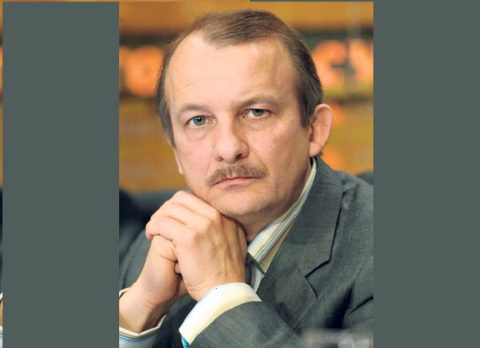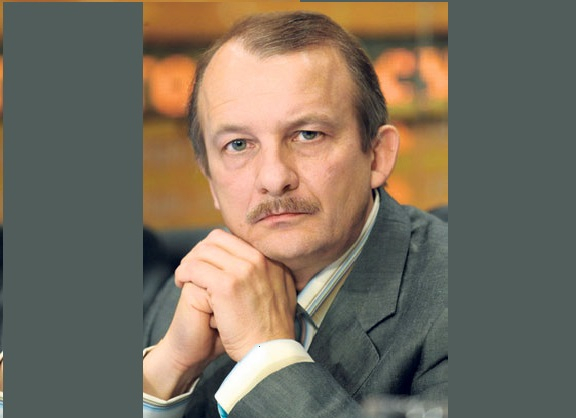Russia's Economic Situation, and Its Impact on Foreign Policy and Domestic Stability

Practical information
A closed seminar organized by the Russia/NIS Centre, with Sergei ALEKSASHENKO, a Russian economist.
The combination of structural and geopolitical factors put Russia’s economy in turmoil. Last December, the more than 40 percent-collapse of the rouble - apparently triggered by the drop in the price of oil - led to the worst forecasts; six month later, the president Vladimir Putin declared that the situation is stabilized and Russian economy has “accumulated a high internal strength margin”. What is really happening in Russia’s economy and what can be the mid/long-term impact on its domestic affairs and foreign policy?
Chair: Tatiana KASTOUÉVA-JEAN, Head of Russia/NIS Centre
A seminar held in English
Sergei Aleksashenko is a Russian economist. He’s Senior Fellow at the Development Center at the National Research University - Higher School of Economics (Moscow, Russia), non-resident Senior Fellow at the Brookings Institution, Professor at the Qilin University (Changchun, China) and member of the Board, “Liberal Mission” Foundation. He is the former deputy minister of Finance of the Russian Federation (1993 to 1995) and former First Deputy Chairman of the Russian Central bank (1995 to 1998). He also was a scholar-in-residence in the Carnegie Moscow Center’s Economic Policy Program. He served as Chairman and CEO of Merrill Lynch’s Moscow office (2006-2008), Managing Director of Interros, a Russian private investment company (2000-2004) and was Member of the Board of Directors in Aeroflot, United Aircraft Corporation, United Grain Company (2008-2012).

Speakers
Other events

Paris Naval Conference 2026: Naval Rearmament and Operations in Contested Waters
This fourth edition of the Paris Naval Conference (CNP), bringing together high-level military, industrial, and academic speakers, will address the challenges associated with general naval rearmament and naval operations in increasingly contested environments.





